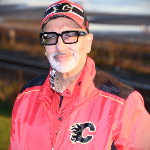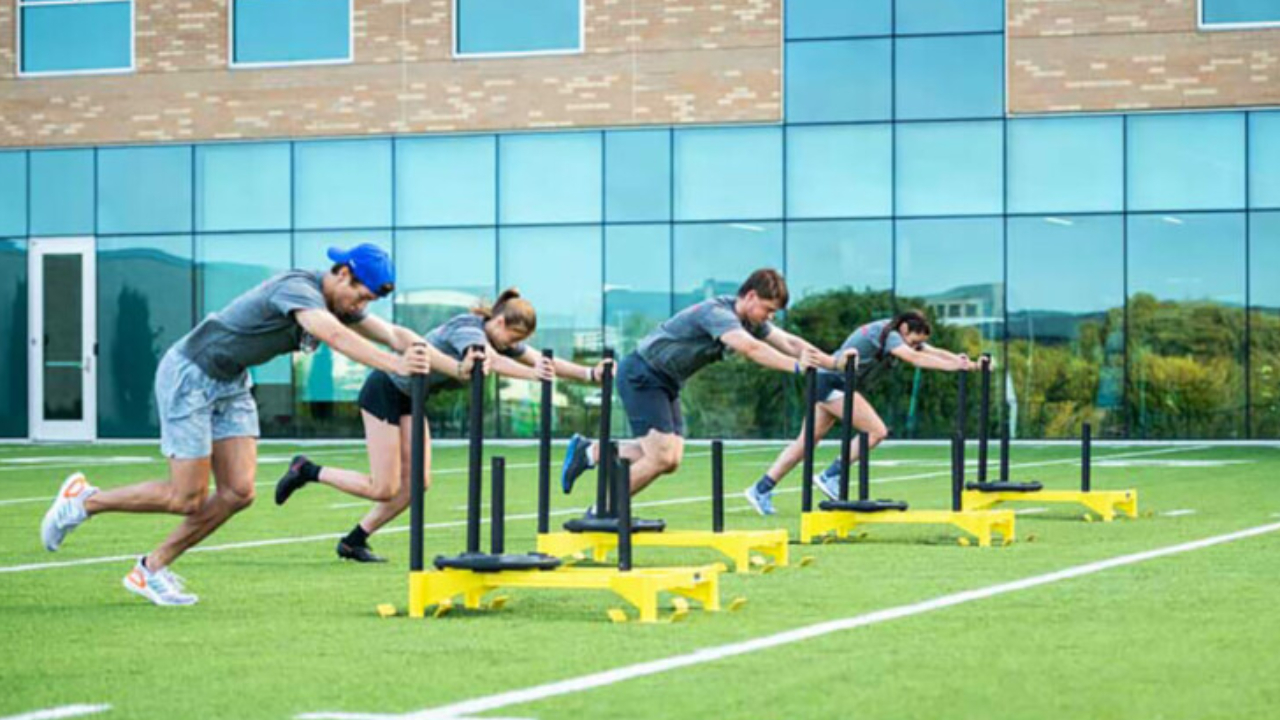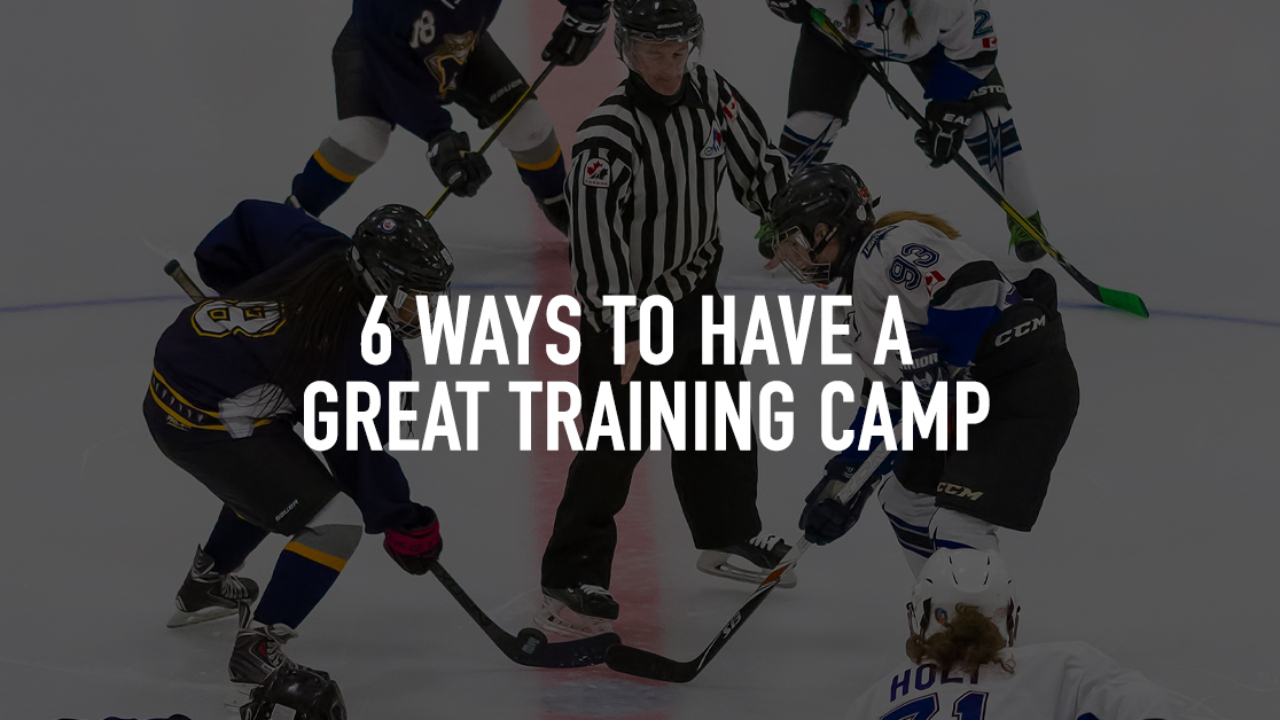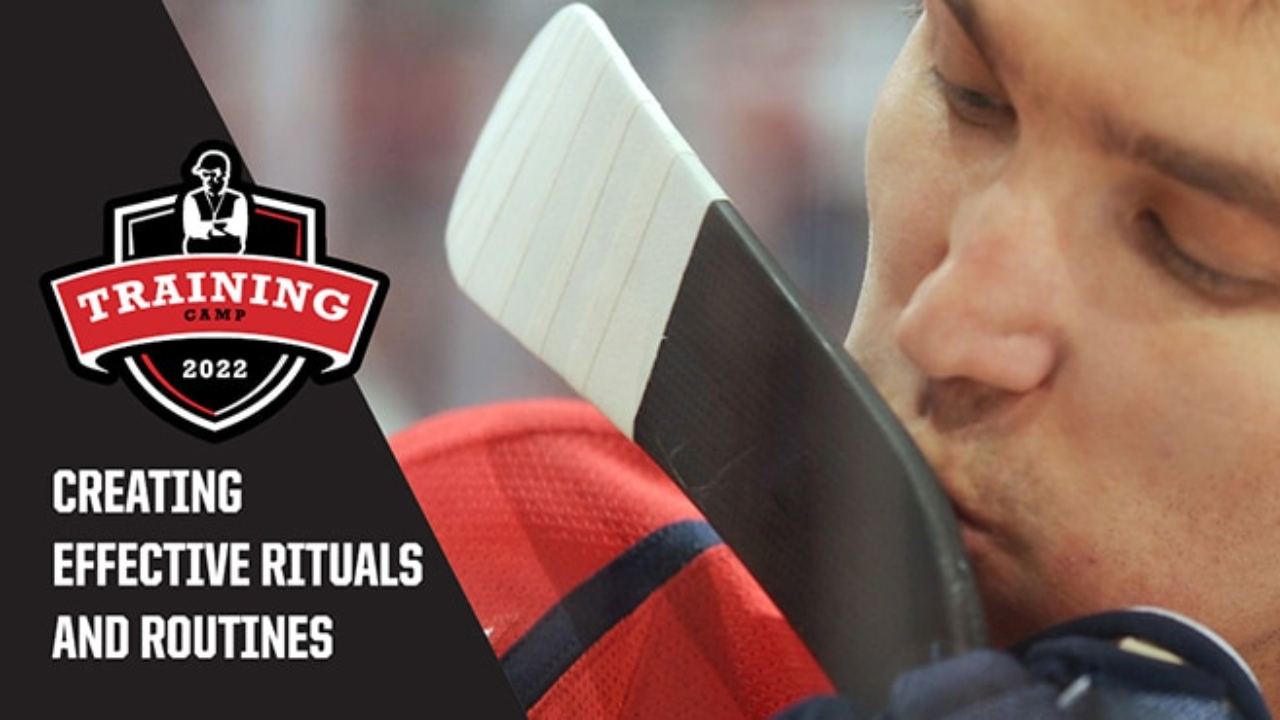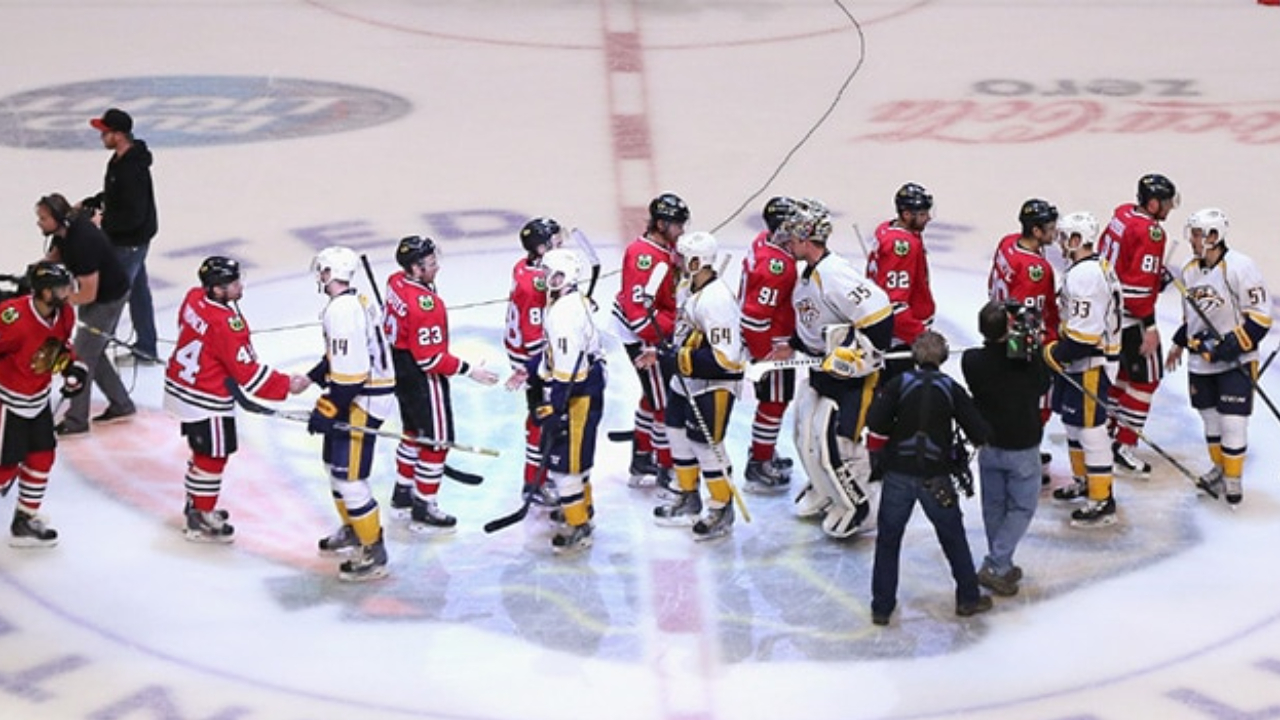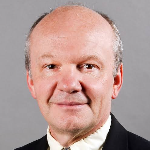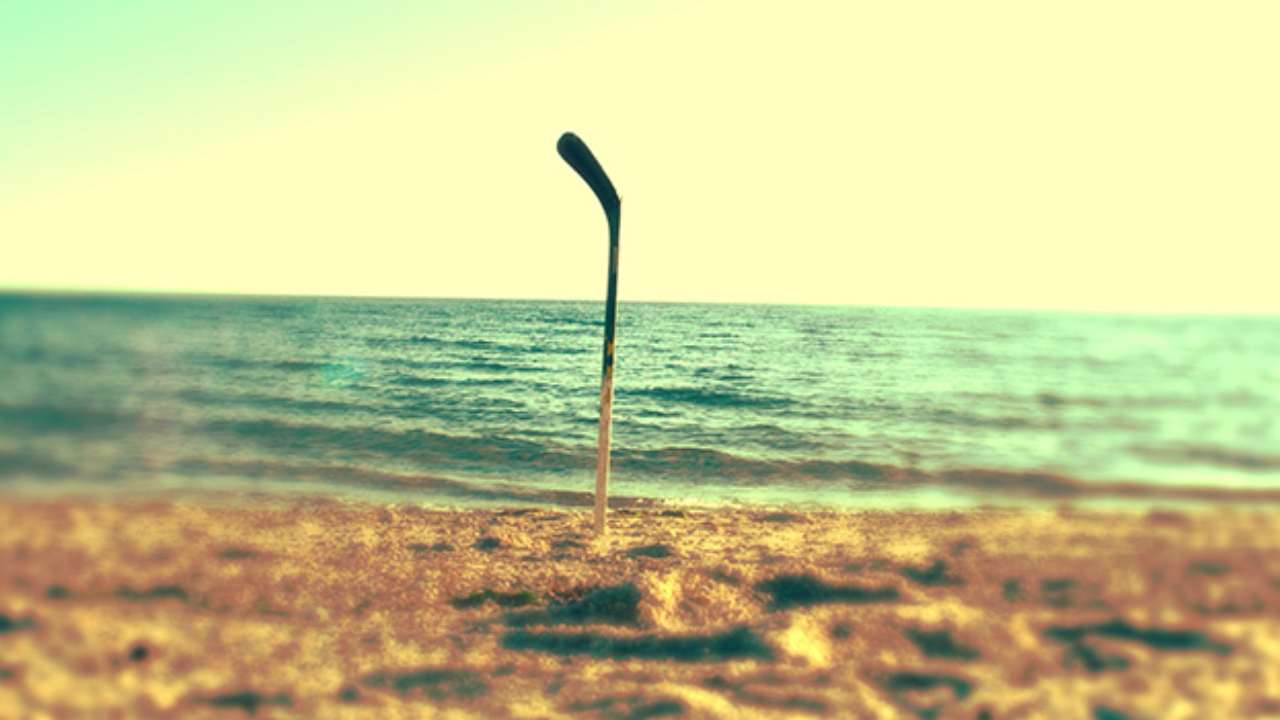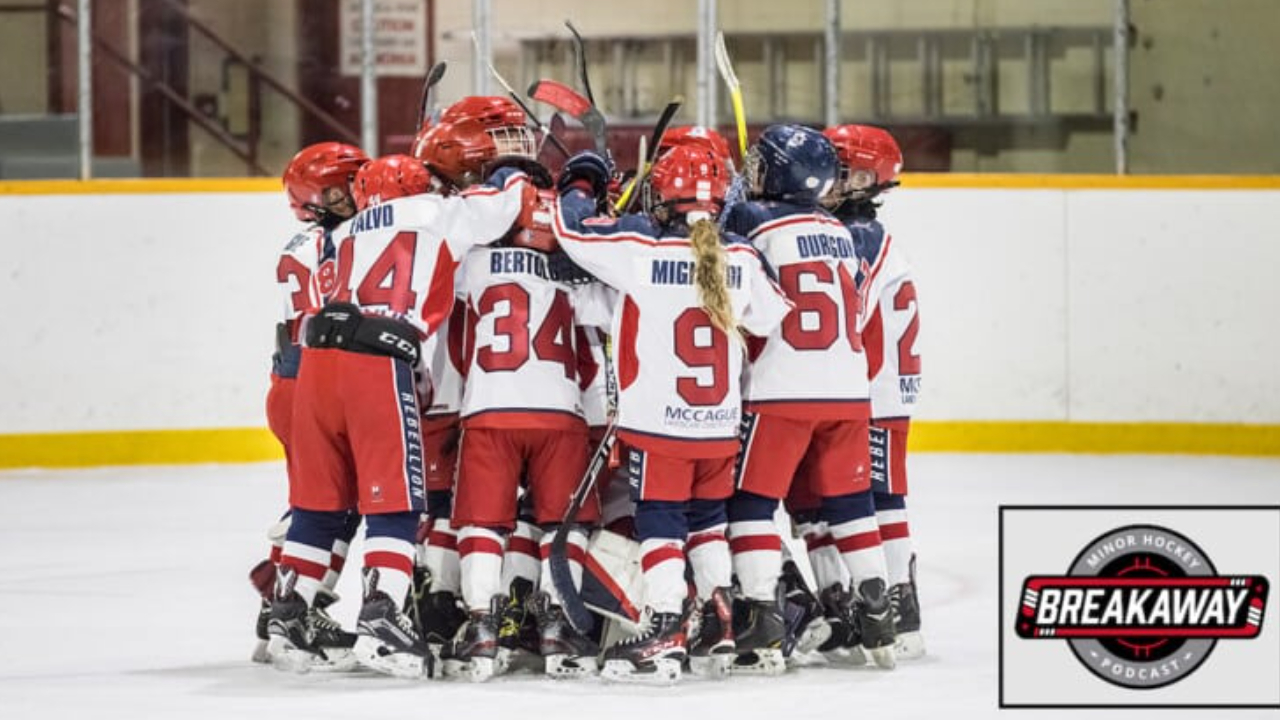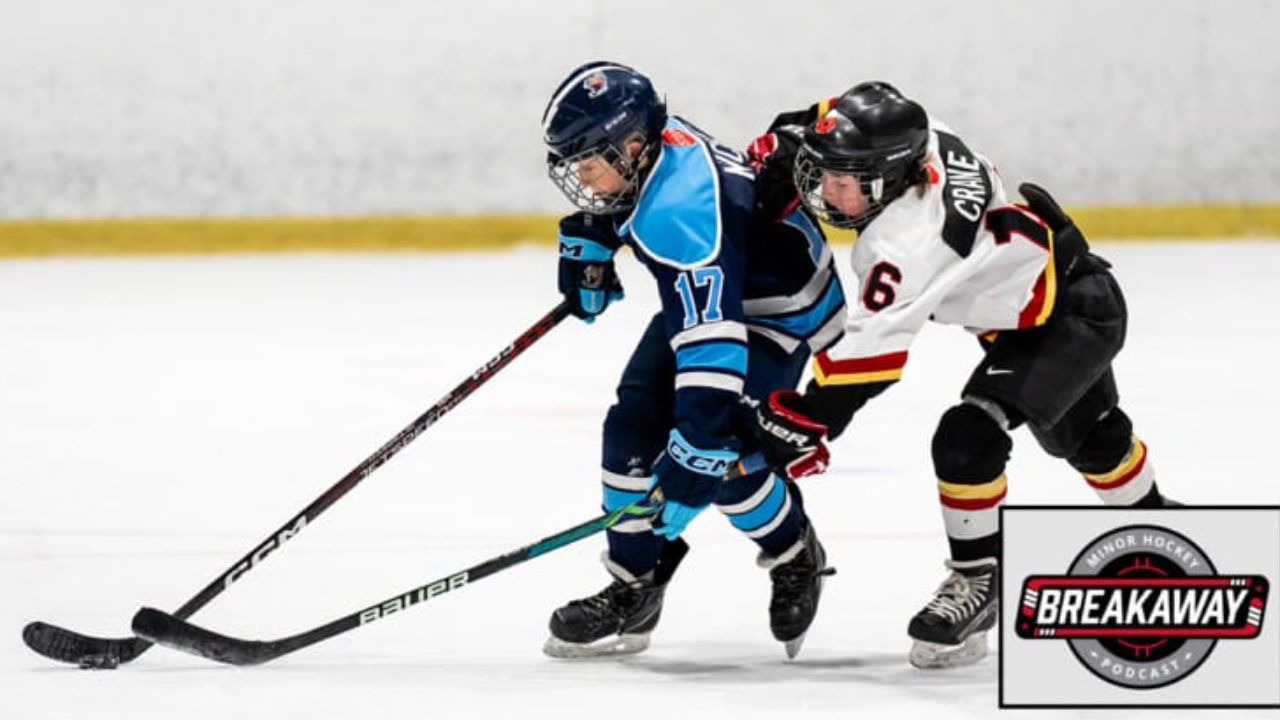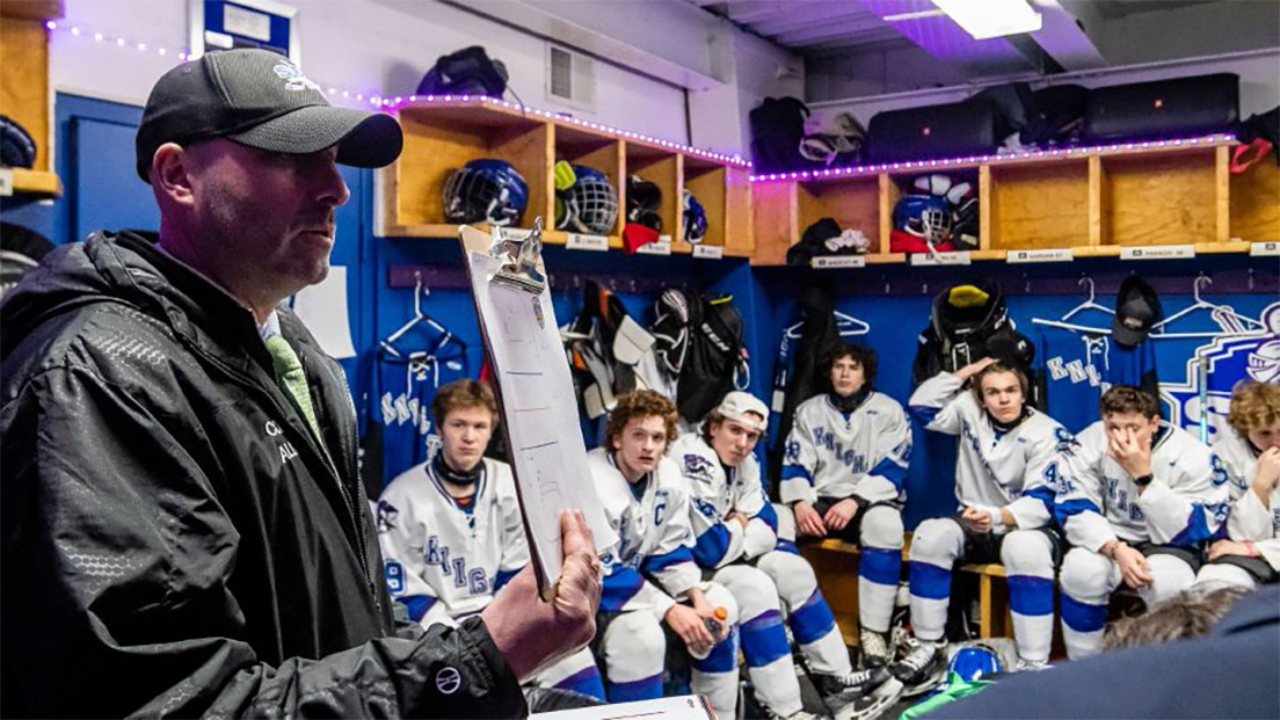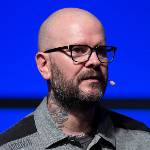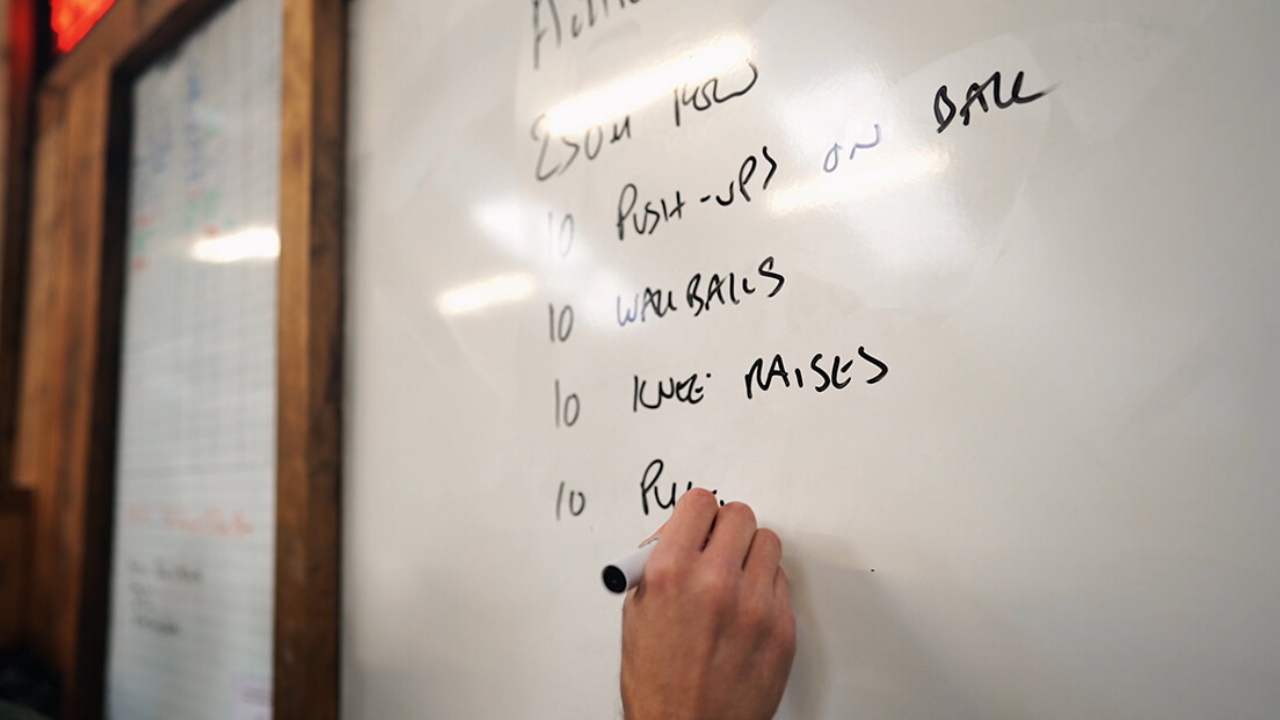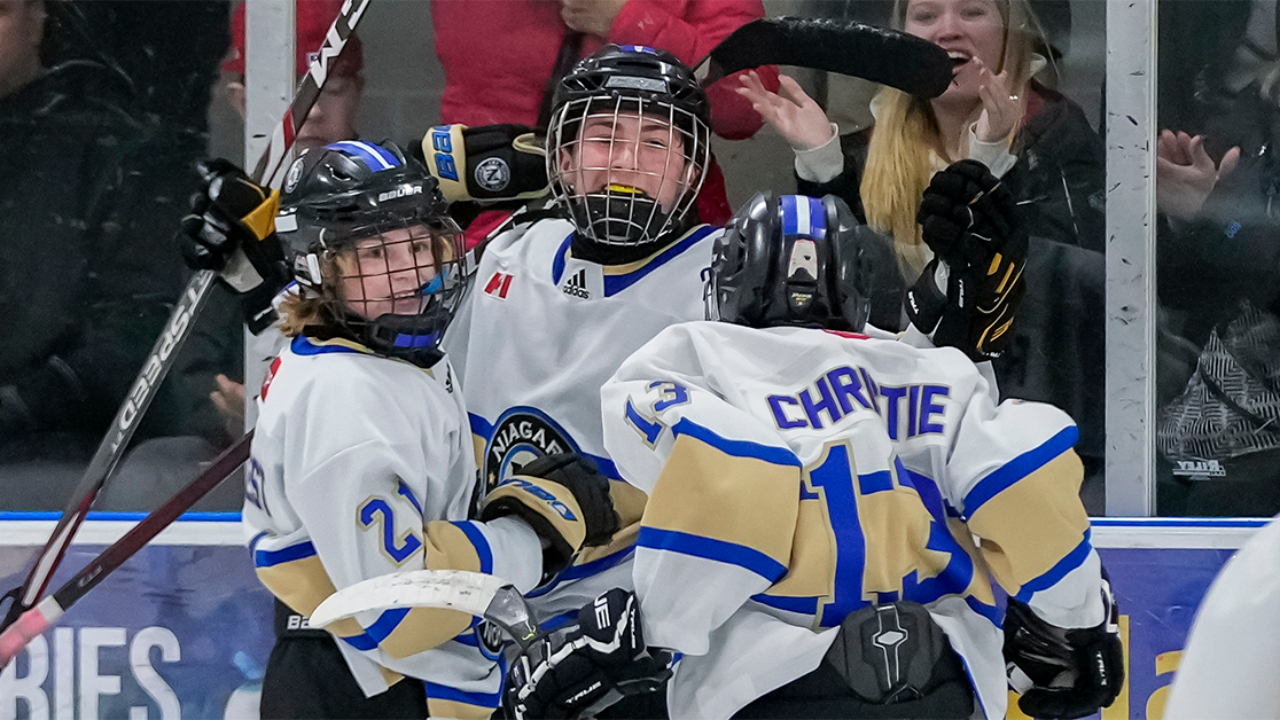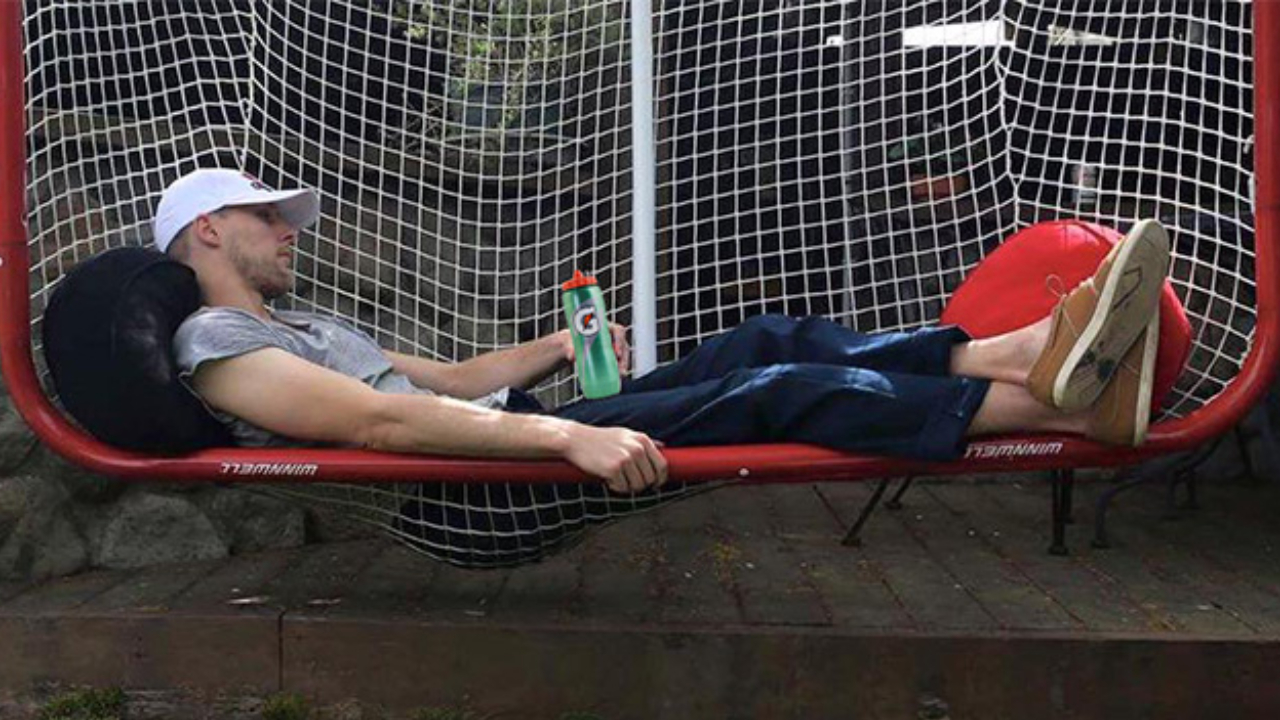
The spiritual, mental, physical, emotional and social well-being of players needs to be a priority in the off-season.
“There is a time for everything and a season for every activity.”
-Ecclesiastes 3:1
Hockey season is an amazing time of the year. However, all seasons ultimately end to allow a new season to emerge. The off-season can be amazing time of healing, refreshing, and retooling for a hockey player. Since true success is when preparation meets opportunity, having an off-season checklist of activities to engage in is beneficial and wise. The hockey season requires much of a player’s energy and focus, so it can easily cause them to become unbalanced in their personal growth. The demands of such an outcome focused sport can become all consuming for both players and those on their success posse (parents, coaches, etc.). Understanding that although hockey may be important, the spiritual, mental, physical, emotional and social well-being of players needs to be a priority, especially in the off-season.
The following is a checklist created to support players and allow them to prepare themselves to come back next season inspired to perform at their best. Whether you’re a coach, player, parent, guardian, or you simply know a player who needs a reset this off-season, please share this checklist with them!
The 10 essential things to do in the off-season are:
- Take some down time – Even if it’s just a couple of weeks, take some time away from hockey. No training, no shooting pucks, no running hills or stairs, no ice activities. Perhaps live out this saying for a short time: “I do nothing, but nothing gets left undone.”
- Travel – Go on a camping trip, visit other cities, even explore some of the tourist sites in your own city. Create new experiences and memories.
- Reconnect with family and friends – Spend time with not only your immediate family, but extended ones also (uncles, cousins, grandparents etc.). Reach out and spend time with friends, perhaps even make new friends.
- Rehab and recharge – Take the time to get any physical issues dealt with. If you go into the off-season injured, commit 100% to your rehab schedule. If you have any nagging injuries, get them looked at by health professionals. Be proactive when it comes to your health.
- Connect to your spiritual side practices – Whether you meditate, pray, take long walks in the woods, or are still seeking a deeper spiritual connection, do that. We are energetic spiritual beings living a human experience of cause and effect. Become curious and go find what that means for you.
- Reflect on your success posse – Take inventory of those in your inner circle. Do they build you up and help you show up as your best version of you, or do they drain you? Make wise decisions and don’t allow takers or haters around you.
- Try other sports or activities – It doesn’t have to be competitive, although it can be. Stretch yourself within an appropriate level of risk and your comfort level.
- Read books/take courses – Build your brain up. Read self-help books, read autobiographies and fiction books, whatever keeps you turning pages. Maybe taking an online course is more your style. The important thing is to gain knowledge that you can turn into wisdom by applying it to your life.
- Reflect on your past season – What worked, what didn’t work? Did you meet your goals? What areas of your game improved? What needs improvement? The quality of your reflection question will be critical to creating your success formula for the upcoming season.
- Create your own success formula – Be clear about what you will be working on during the off-season and why. Work not only on your weakness, but make your strengths even stronger. Identify and adopt positive daily rituals and routines. Set an intention daily of who you want to be and what you will do daily. Identify and engage with those who will be in your success posse moving forward.
Being a hockey player is a role a players play. It’s what they do, not who they are. Who they are is what needs to be cultivated, supported and encouraged during the off-season. From an energetic perspective, when a player properly uses time in the off-season to just be, not simply focused on outcomes as is the case during the season, it will reduce any stress reactions they may have during the off-season. Additionally, it will help them to be more effectively equipped to handle stress that the upcoming season may be present to them. This will ultimately improve their performances on and off the ice, and leave them excited and eager to go the rink every day.
